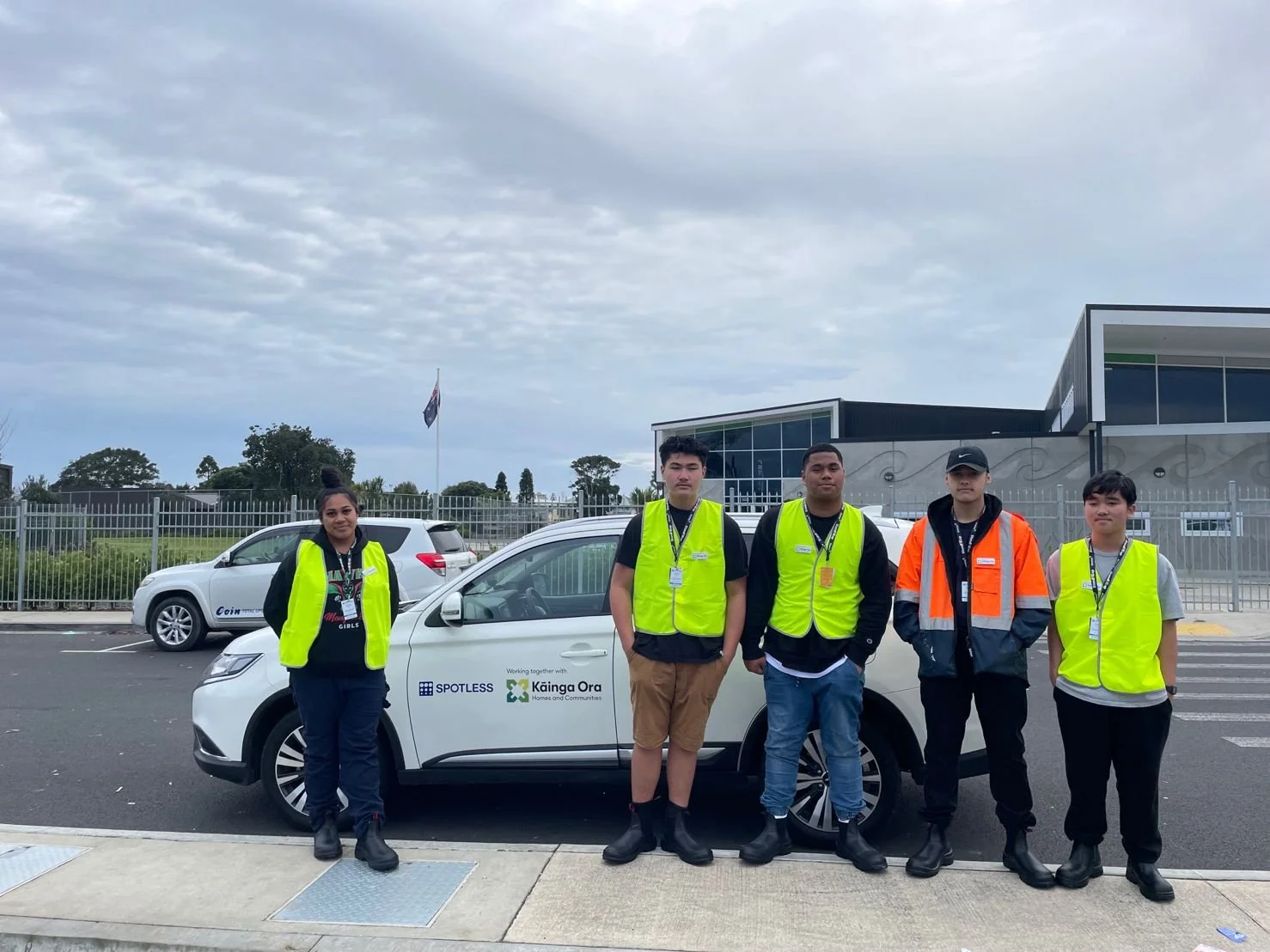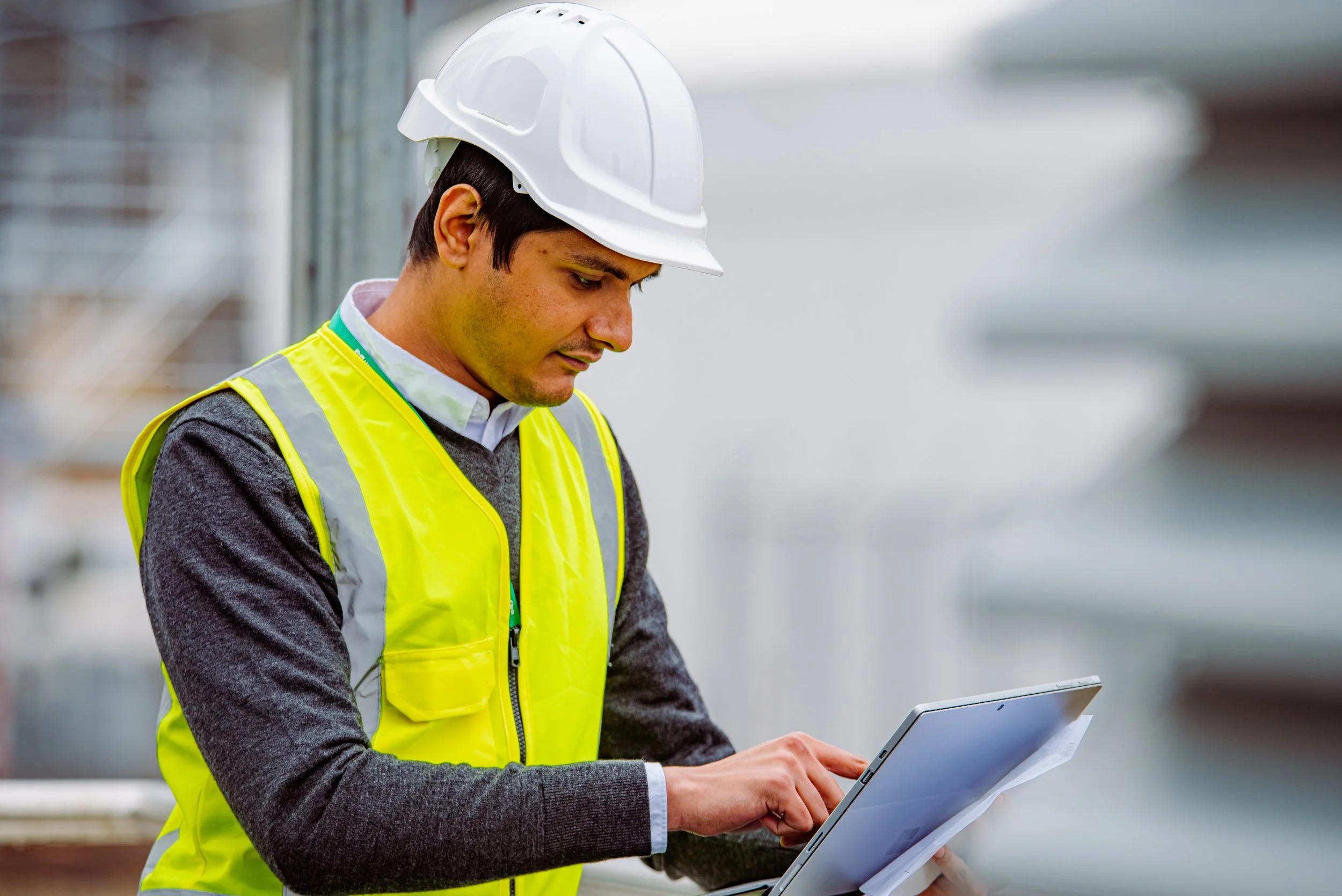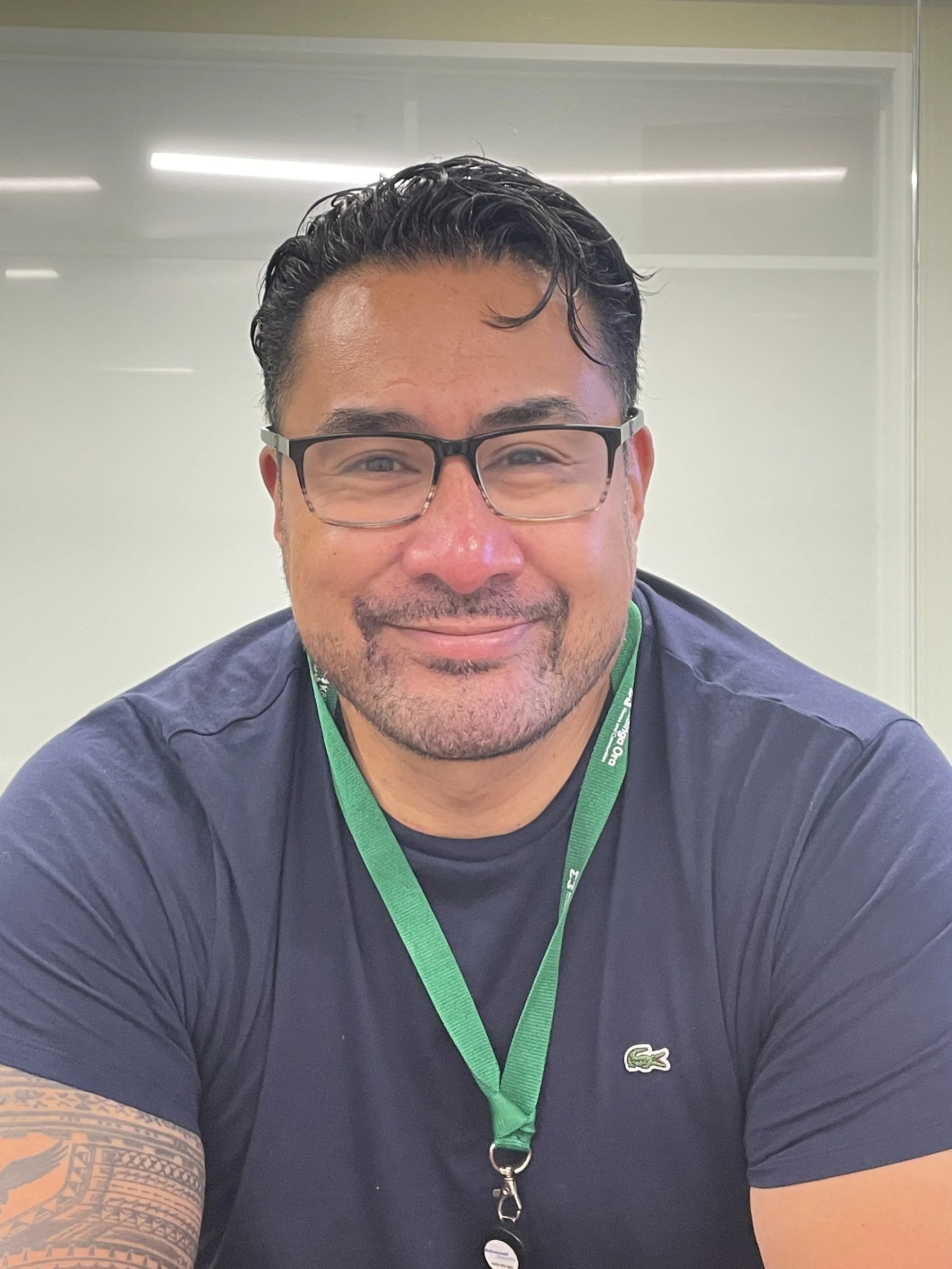It’s About the 'Real' Impact with Kāinga Ora
How Kāinga Ora is pushing to deliver sustainable and social outcomes alongside its organisation’s goals.
In a world caught up with numbers and “the now,” focusing on people and social impact is a mammoth challenge. And when you are charged with use of public money, it’s even tougher.
Kāinga Ora – Homes and Communities, a government agency, performs two key roles. It is tasked with providing affordable rental housing, as well as partnering with Māori, local and central government, and developers on urban housing projects. It also seeks to make a positive contribution to the communities impacted by its construction activity.
Kāinga Ora Manager of Strategic Social Procurement Dallas Paotonu says until recently the reporting of social outcomes had been basic, not accounting for a real perspective on ‘people impact’.
However, any shift in thinking and language had to align with the Kāinga Ora core business imperative. Mr Paotonu says that creating meaningful outcomes for whānau in their communities is crucial in making medium to long-term gains. That being said, demonstrating the importance of social impact and the measurement of it, was no easy feat.
“We’re in the business of building houses, but impact is not a short-term thing. So, while some business stakeholders tend to be about the immediate wins, these are not always sustainable over the long-term,” he says.
Kāinga Ora engaged impact consultants The Ākina Foundation to help develop more robust and meaningful practices. Ākina introduced tools to bring key stakeholders together at the right times to gain an understanding of the community outcomes to be achieved and how they should be measured. These steps are crucial to achieve the agency’s goals of improving customer wellbeing and contributing to thriving and sustainable communities.
“It’s about the impact this intervention will have on the communities we work with and how things come full circle. We are driving impact to help communities, and in turn delivering more skilled workers, which helps with the underlying goal of building more houses.”
“We’re in the business of building houses, but impact is not a short-term thing. So, while some business stakeholders tend to be about the immediate wins, these are not always sustainable over the long-term”
Mr Paotonu says Ākina helped Kāinga Ora focus on investment decisions and priority setting, encouraging their team to cull an often long list of initiatives.
“You don’t want to get too caught up in the initiative, without understanding what the impact will be. You need a clear picture of where you want to be, of how you want to impact the community, and work backwards from there,” he says.
With support from Ākina, Kāinga Ora was able to articulate to stakeholders why they should focus on medium and long-term impact, rather than short-term ‘wins’. Mr Paotonu says when you have been in a business for a long time, it can be hard to explain or introduce a concept.
“I could talk about the proposed work, but when it comes to being asked “where have you seen this happening?” I can’t back it up. Ākina comes to the table with experience, no bias, and an agile approach that gives our stakeholders confidence,” he says.
Kāinga Ora identified and is focusing on a few key strategic areas, including investing in:
Māori and Pasifika organisations, locally owned businesses and social enterprises.
Support and development of the construction workforce.
Community development and engagement, and minimising barriers to employment for those who have experienced barriers in the past.
Prioritisation and promotion of sustainability, emissions and waste reduction and ethical supply chain management.
Dallas Paotonu, Kāinga Ora Manager of Strategic Social Procurement.
“We are driving impact to help communities, and in turn delivering more skilled workers, which helps with the underlying goal of building more houses.”
Mr Paotonu says Ākina has helped with how to drill down to the initiatives required to deliver on social impact for communities. It did this through the introduction of intervention logic mapping (a visual drawing or map of proposed interventions and their effects), crystallising key objectives and how to measure them.
Ākina Director of Impact, Clementine Baker, advises organisations to refine long term goals, starting with their current practices, and what outcomes logically flow from there as part of their impact journey. The impact consultancy helped the Kāinga Ora leadership team navigate existing frameworks, and identify the challenges faced, giving a stronger structure and more workable practices. It also encouraged challenging suppliers and subcontractors on how they can contribute on the impact journey, including environmental practice in their everyday work.
“Ākina might challenge us, but that is what we want and need. We are trying to generate true innovation in our work practices,” Mr Paotonu says.
“It doesn’t have to be output versus impact. We’re not going to shout about things just because they might make us look good. It’s about the real impact we’re able to have on people’s lives. That’s the word, real.”
Learn more about Ākina Impact Consulting
Learn more about Ākina Social Procurement






